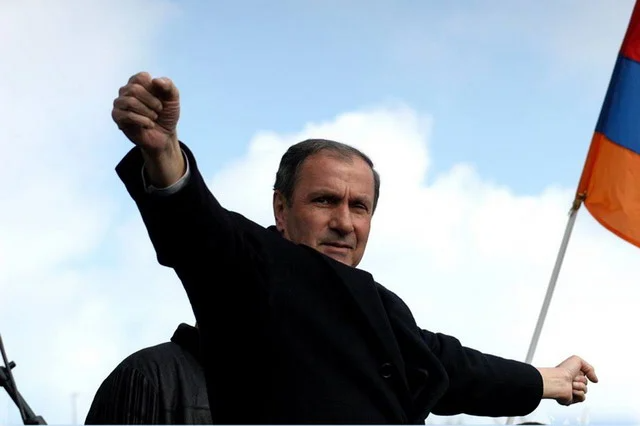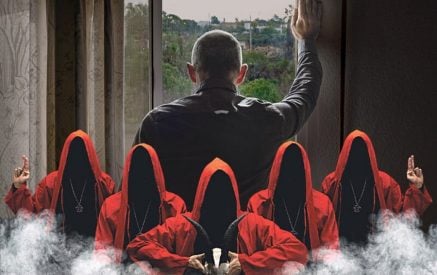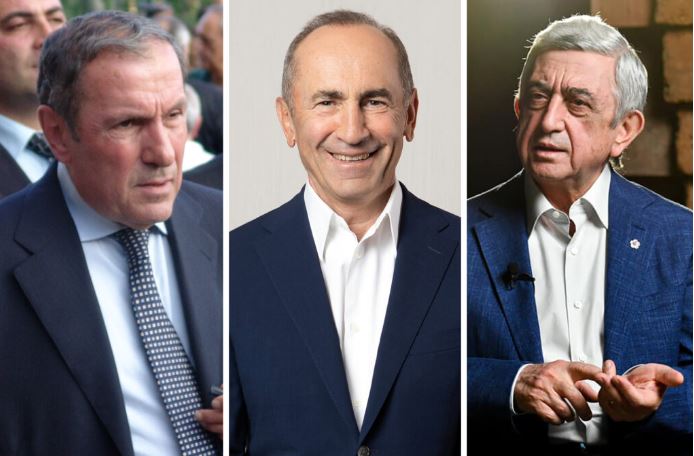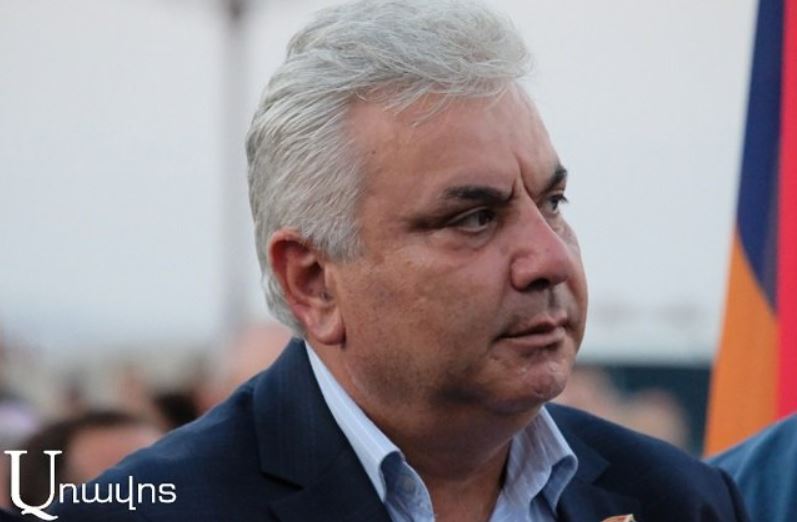I have recently read a lot about a phenomenon that is dubbed ‘procrastination’ in the West. That is a flaw, habit, or perhaps illness where people leave important tasks for tomorrow, the next day, or an unspecified amount of time. For example, we know that students have a habit of preparing for exams the night before when “things start to go south,” and they can’t put it off anymore (in that case, most of their knowledge will disappear on the day of the test). The reasons for procrastination include laziness, lack of will, and perhaps a little bit of recklessness; they believe that the problem will resolve itself.
But experts state that this phenomenon can also be seen in politics. In addition to the reasons listed above, the lack of a clear strategic plan for social development comes to the foreground, which results in a lack of readiness to make important decisions. And that is the weakness of the last three leaders of Armenia and their political teams, as well as most political forces, to put it mildly.
I am obviously speaking about the Artsakh conflict resolution, which, in my opinion, is not as much an issue of territory, belonging, or status, but of people’s safety. I am confident that over the last 20 years, at least until September 27, 2020, we had the opportunity to resolve this issue in the long run, ensuring the peaceful life of our compatriots throughout the former Nagorno-Karabakh Autonomous Oblast and the corridor with Armenia. But our leaders and political ideology (and myself, along with everyone else) have not been able to come up with those solutions.
The second and third presidents preferred to “cleverly” delay the issue, but the current Prime Minister, with his lack of experience, knowledge, and extremely high opinion of his personal ‘strategic talent,’ did what he does best: he used populist rhetoric, shouted, and crowed. That is necessary for a revolution, but when leading a state and especially when conducting international relations, such behavior is simply childish.
Read also
Real policies, on the one hand, and applause, fiery speeches, toasts, and heart-pounding Facebook broadcasts on the other are different, sometimes even radically different things. The first requires a sober, emotionless calculation of the factors influencing different situations. Such calculations were made by the first President of Armenia, Levon Ter-Petrossian, during his press conference on September 26, 1997, which was published on November 1st of the same year in the article titled “War or Peace: The Moment of Seriousness,” as well as during the Security Council session of January 8, 1998, and during the parliamentary campaigns of 2017. It is possible to have a different opinion on Ter-Petrossian as an individual, his policies as president, and his activities as a member of the opposition. But any unscrupulous person, if they choose to read the articles I mentioned, will see that his calculations were correct.
I have some hope that Ter-Petrossian will make a similar analysis now that will show the way out of this current catastrophic situation. If, of course, there is a way out.
Aram Abrahamyan
Photo by German Avagyan
























































